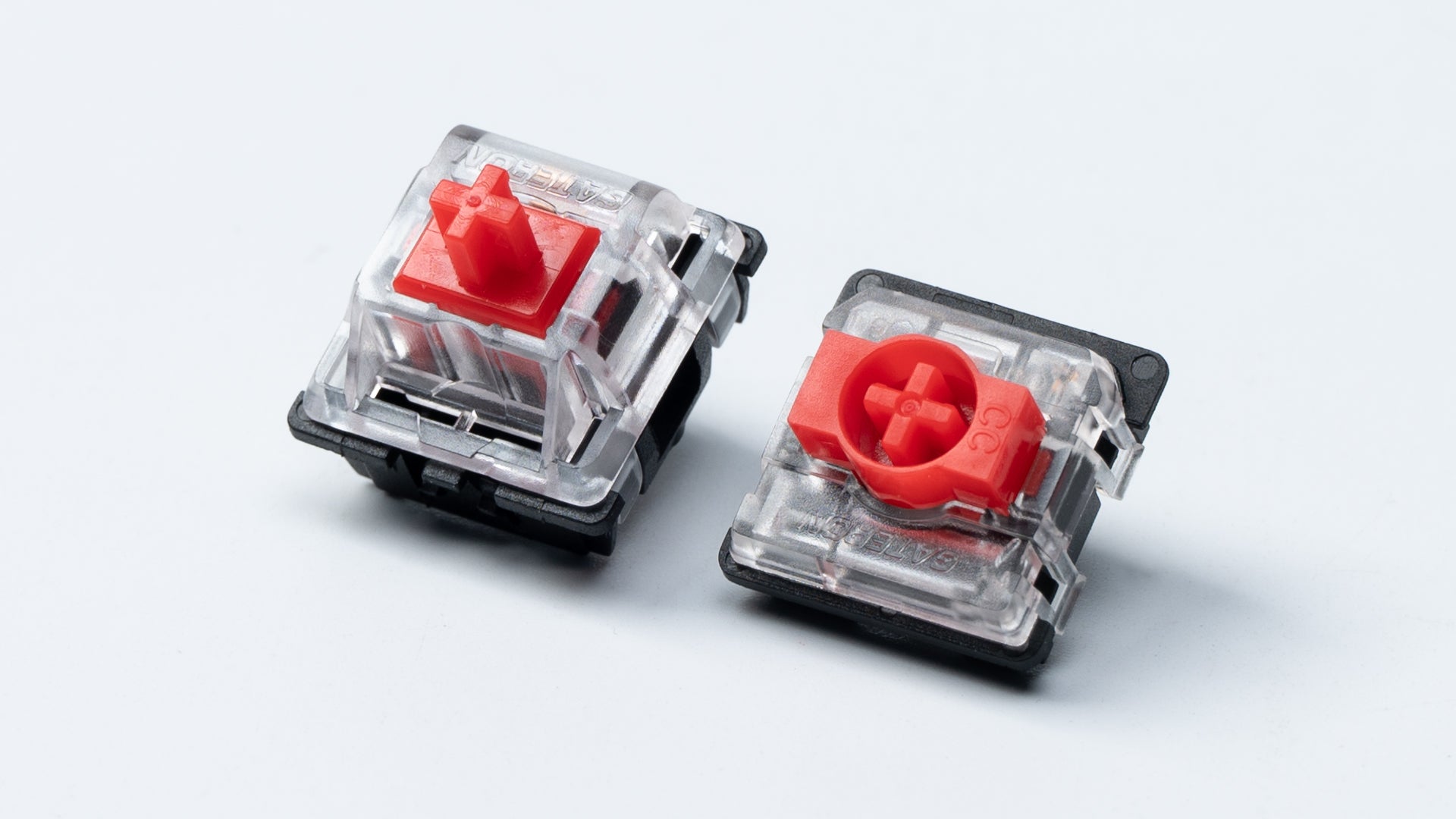Switches are an integral part of our daily lives, from the buttons on our keyboards to the light switches in our homes. However, not all switches are created equal. In the world of switches, there are two main types: mechanical and digital. But what is the difference between the two, and which one is better? Let's dive in and find out.
Mechanical Switches
Mechanical switches are the older of the two types, and they work by physically opening and closing a circuit. They are commonly found in keyboards, where each key has its own mechanical switch. When you press a key, a metal spring inside the switch is compressed, and when you release the key, the spring returns to its original position, completing the circuit and registering the keystroke.
One of the main advantages of mechanical switches is their tactile feedback. The user can feel and hear the switch actuating, which can help with typing accuracy and speed. Mechanical switches also tend to be more durable than digital switches, with a longer lifespan and a lower failure rate.
Digital Switches
Digital switches, on the other hand, use electronic signals to register a keystroke. They are commonly found in membrane keyboards, where a thin layer of conductive material is used to register keystrokes. When a key is pressed, the conductive material is compressed, completing the circuit and registering the keystroke.
One of the main advantages of digital switches is their low profile. They are thinner and lighter than mechanical switches, making them ideal for portable devices such as laptops and tablets. Digital switches also tend to be quieter than mechanical switches, which can be a consideration in shared workspaces.
So, which one is better?
The answer to this question depends on your personal preferences and needs. If you are a gamer or a typist who values tactile feedback and durability, then mechanical switches may be the way to go. However, if you prioritize portability and quietness, then digital switches may be the better choice.
In conclusion, both mechanical and digital switches have their pros and cons, and the choice between the two ultimately comes down to personal preference. Whether you are a gamer, a typist, or a casual user, there is a switch out there that will suit your needs.


